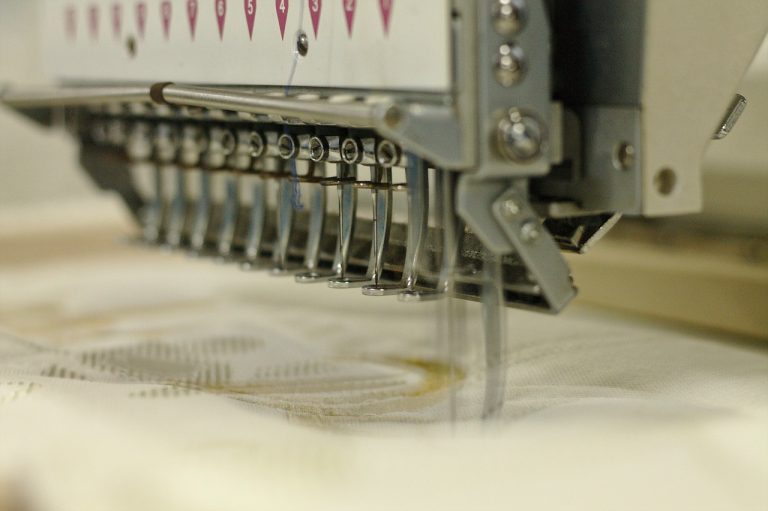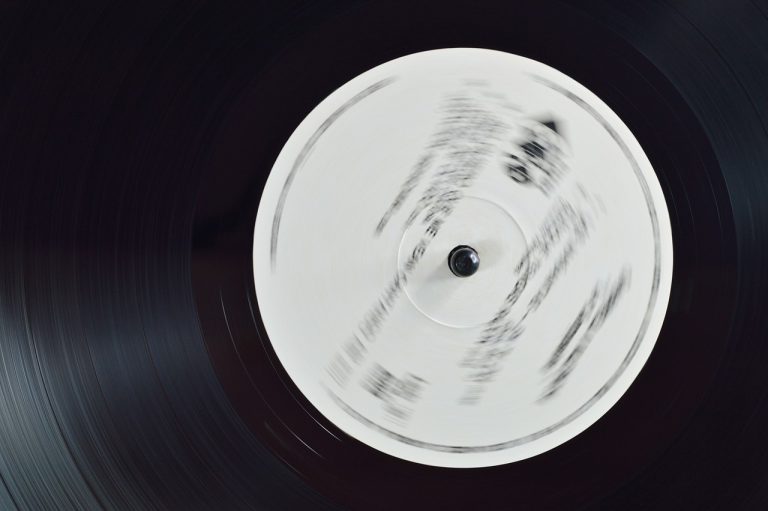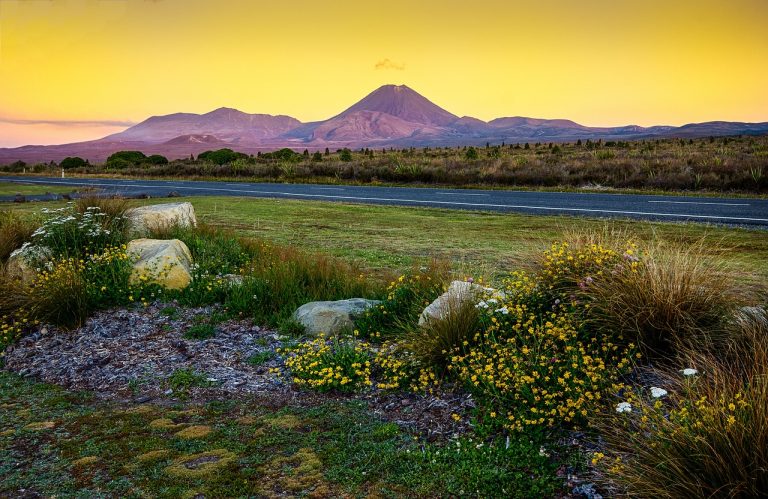
As we step into a new era, artificial intelligence is not just a buzzword; it’s a revolutionary force that is reshaping the entertainment landscape in ways we could only dream of a few years ago. Imagine a world where your favorite movie or song is tailored specifically for you, capturing your unique tastes and preferences. This is not science fiction—it’s happening right now! AI is enhancing creativity and personalizing experiences, making entertainment more engaging than ever.
AI tools are becoming the secret weapons for creators across various platforms. They allow filmmakers, musicians, and artists to streamline their processes, making it easier to produce high-quality content. For instance, data-driven insights help storytellers craft narratives that resonate with audiences on a deeper level. Think of it like having a personal assistant who knows exactly what you want to watch or listen to next. This isn’t just about convenience; it’s about creating a connection that feels genuine and exciting.
Moreover, the impact of AI extends far beyond just content creation. It’s also redefining how we consume entertainment. Picture this: you sit down to watch a movie, and AI algorithms analyze your viewing habits to suggest the perfect film that matches your mood. This level of personalization enhances audience engagement and satisfaction, transforming passive viewers into active participants in their entertainment choices.
However, as we embrace this technological marvel, we must also consider the challenges and ethical implications that come with it. Questions about copyright, authenticity, and the potential displacement of human artists are more relevant than ever. As we navigate this exciting yet complex landscape, it’s crucial to strike a balance between innovation and preserving the essence of human creativity.
In conclusion, the future of entertainment is bright, filled with possibilities that blend AI and creativity in remarkable ways. As we explore this uncharted territory, one thing is clear: we are on the brink of a new era where technology and artistry unite, offering experiences that are not only entertaining but also deeply personal.
The Role of AI in Content Creation
Artificial Intelligence is not just a buzzword; it’s a game-changer in the world of content creation. Imagine a world where writers, artists, and filmmakers can harness the power of AI to enhance their creativity and streamline their processes. Sounds intriguing, right? AI tools are stepping in to assist creators in ways we never thought possible. By leveraging data-driven insights, these tools can analyze audience preferences and trends, allowing creators to craft content that resonates deeply with their target audience.
One of the fascinating aspects of AI in content creation is its ability to automate mundane tasks. For instance, AI can help in generating ideas, drafting scripts, or even editing videos. This not only saves time but also allows creators to focus on what they do best: telling stories. Think of AI as a trusty sidekick, always ready to lend a hand, whether it’s through suggesting plot twists or optimizing content for search engines.
Moreover, AI can enhance storytelling by providing valuable insights into what makes content engaging. It can analyze viewer engagement metrics and suggest improvements, ensuring that creators can refine their work based on real-time feedback. This is a significant shift from traditional methods, where creators often relied on guesswork. With AI, the creative process becomes more collaborative, merging human intuition with machine intelligence.
In summary, the role of AI in content creation is multifaceted and transformative. It empowers creators to push boundaries and explore new horizons while ensuring that their content remains relevant and engaging. As we look to the future, the collaboration between human creativity and artificial intelligence will undoubtedly lead to a new era of storytelling, where imagination knows no limits.
In today’s fast-paced world, personalization has become the name of the game in the entertainment industry. Imagine walking into a room filled with your favorite movies, songs, and shows, all tailored just for you. That’s the magic of artificial intelligence (AI) at work! By analyzing user behavior and preferences, AI can create a unique experience that feels almost like it knows you personally. This shift towards personalized content is not just a trend; it’s a revolution that keeps audiences engaged and coming back for more.
One of the most remarkable aspects of AI-driven personalization is its ability to enhance user satisfaction. When platforms like Netflix or Spotify recommend content based on your viewing or listening habits, it’s not just luck; it’s sophisticated algorithms at play. These algorithms sift through massive amounts of data to understand what you enjoy, ensuring that your next binge-watch or playlist hits all the right notes. This level of customization not only captivates users but also fosters a deeper connection between them and the content.
Furthermore, personalization extends beyond mere recommendations. It shapes the entire experience. For instance, consider how video games now adapt to a player’s style, adjusting difficulty levels and storyline paths based on individual choices. This creates an immersive environment that feels tailor-made, making each interaction unique. In essence, personalization transforms passive viewers into active participants, enhancing their overall entertainment journey.
However, it’s crucial to remember that with great power comes great responsibility. As we embrace this personalized future, we must also consider the implications of data privacy and the ethical use of AI. Striking a balance between personalization and privacy will be key to ensuring that this innovative approach continues to thrive without compromising user trust.
AI in Music and Art
Artificial Intelligence is making waves in the realms of music and visual arts, acting as a catalyst for unprecedented creativity. Imagine a world where a computer can compose a symphony or create a stunning piece of art, blending human ingenuity with machine learning. It’s not just a dream anymore; it’s happening right now! Artists and musicians are leveraging AI tools to push the boundaries of their craft, creating works that are not only innovative but also deeply engaging.
One fascinating aspect of AI in music is its ability to analyze vast amounts of data from existing songs. This analysis enables AI to understand patterns, genres, and even emotional tones. For instance, programs like AIVA and Amper Music can generate original compositions tailored to specific moods or themes, allowing creators to explore new musical landscapes. The result? Unique soundtracks that resonate with audiences on a personal level.
In the visual arts, AI is similarly transforming the creative process. Tools like DALL-E and DeepArt allow artists to generate images based on textual descriptions or to apply artistic styles to photographs. This fusion of technology and creativity not only enhances the artistic process but also opens up new avenues for expression. Artists can now experiment with styles that were previously unimaginable, creating a rich tapestry of visual experiences.
However, while the collaboration between AI and artists is exhilarating, it also raises questions about authenticity and ownership. As we embrace these technologies, we must consider how to balance the innovative potential of AI with the unique voice of human creators. After all, can a machine truly replicate the emotional depth and context that a human artist brings to their work?
In summary, AI is not just a tool; it’s a partner in the creative process, reshaping how we think about music and art. As we venture further into this uncharted territory, the possibilities are as infinite as our imagination. What will you create with AI?
Challenges and Ethical Considerations
As we embrace the revolutionary changes brought by artificial intelligence in the entertainment industry, we must also confront a series of challenges and ethical dilemmas that arise. One of the most pressing issues is the question of copyright. With AI systems capable of generating music, art, and even scripts, who truly owns the content? Is it the programmer, the machine, or the original creator who inspired the AI? This ambiguity poses significant legal challenges that could redefine ownership in creative fields.
Moreover, the concept of authenticity comes into play. Audiences often seek a personal connection with art, and the rise of AI-generated content could dilute this connection. Can a piece of music created by an algorithm evoke the same emotions as one composed by a human? This leads us to consider the value of human creativity in a world increasingly dominated by machines.
Displacement of human artists is another critical concern. As AI tools become more sophisticated, there’s a real fear that they could replace traditional roles in content creation. Imagine a world where musicians, painters, and writers find their jobs threatened by a machine that can produce art at lightning speed. This shift could lead to a significant loss of jobs and a decrease in the diversity of voices in the entertainment landscape.
In summary, while AI offers exciting possibilities for innovation and efficiency, it also raises important questions about ethics, ownership, and the future of creativity. As we navigate this new terrain, it’s crucial to strike a balance between leveraging AI’s capabilities and preserving the human touch that makes art truly resonate.
The Future Landscape of Entertainment
The entertainment industry is on the brink of a **revolution**, and artificial intelligence (AI) is at the forefront of this transformation. Imagine a world where your favorite shows, movies, and music are not just created for the masses, but are tailored specifically for you. Sounds like science fiction, right? Well, it’s becoming our reality! With AI’s ability to analyze vast amounts of data, creators can now understand audience preferences like never before. This means that the content we consume is becoming increasingly personalized, making our entertainment experiences more engaging and satisfying.
As we look ahead, we can expect to see a surge in **immersive technologies** like virtual reality (VR) and augmented reality (AR) integrated with AI. These innovations will allow audiences to step into the stories they love, becoming part of the narrative in ways that were previously unimaginable. Think of it as a **choose-your-own-adventure** book, but with stunning visuals and interactive elements that make you feel like the hero of your own story!
Additionally, AI is not just enhancing existing formats; it’s paving the way for entirely new genres and experiences. For example, we might soon see AI-generated films that adapt in real-time based on audience reactions. Imagine watching a movie that changes its plot depending on whether the viewers are laughing or crying! This level of interactivity could redefine the **relationship** between content creators and their audiences.
However, with great power comes great responsibility. As we embrace these technological advancements, we must also consider the **ethical implications** they bring. Questions surrounding copyright, authenticity, and the role of human artists will need to be addressed. Will AI-generated content overshadow human creativity, or will it serve as a tool to enhance it? The answers to these questions will shape the future landscape of entertainment.





